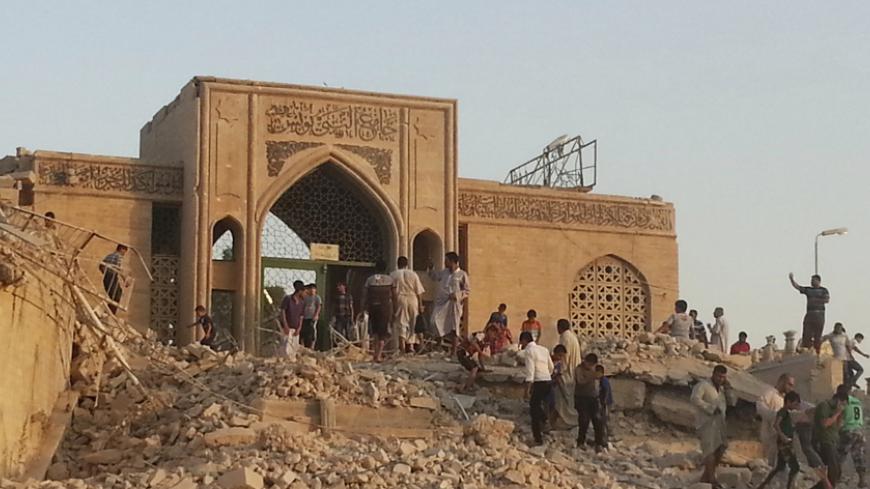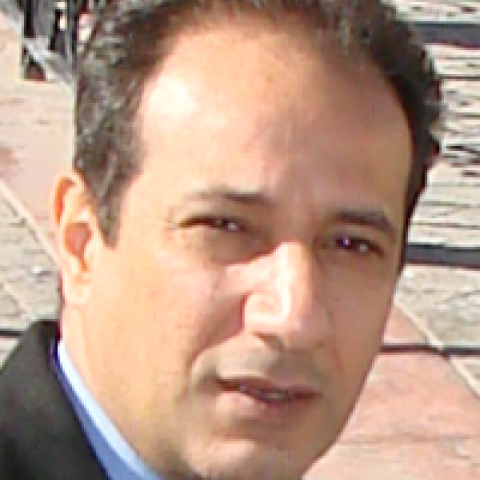Iraqis had high hopes when in December, following months of waiting, a committee began an investigation into last June's fall of Mosul to the Islamic State. At the start, the committee banned more than 50 high-ranking members of the security establishment from traveling and among them interrogated the former commander of Joint Operations, Lt. Gen. Abboud Qanbar; the former commander of Joint Operations, Lt. Gen. Ali Ghaidan; and the former federal police chief, Maj. Gen. Mohsen al-Kaabi.
The committee was supposed to complete its work within 60 days and submit a report of its findings to the parliament. Following preliminary sessions in late December, some political blocs expressed objections to the committee’s performance, demanding that it be expanded. As a result, the Iraqi parliament decided on Jan. 8 to restructure the committee to include all Iraqi segments and political blocs, thereby increasing the number of members from seven to 26. In addition, the first three preliminary investigative sessions were nullified, requiring that all investigations be restarted.



